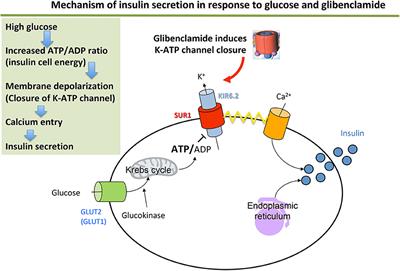EDITORIAL
Published on 23 Sep 2021
Editorial: Endocrine Diseases of Newborn: Epidemiology, Pathogenesis, Therapeutic Options and Outcome
doi 10.3389/fped.2021.764710
- 2,096 views
32k
Total downloads
190k
Total views and downloads
EDITORIAL
Published on 23 Sep 2021
MINI REVIEW
Published on 21 Jul 2021
SYSTEMATIC REVIEW
Published on 23 Apr 2021
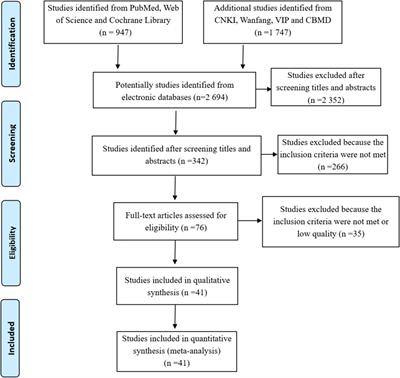
REVIEW
Published on 22 Apr 2021
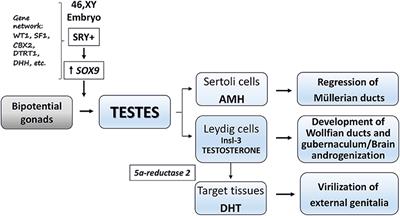
MINI REVIEW
Published on 06 Apr 2021
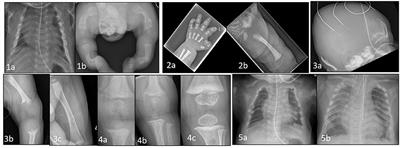
MINI REVIEW
Published on 05 Feb 2021
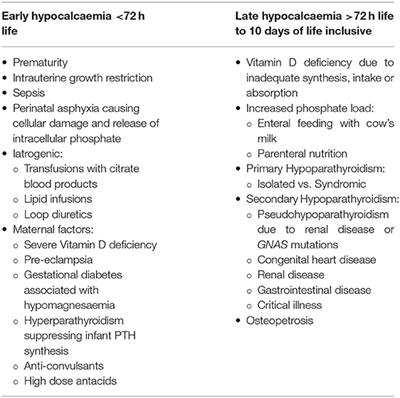
REVIEW
Published on 02 Feb 2021
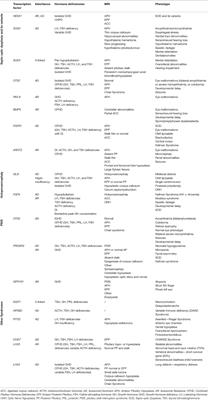
MINI REVIEW
Published on 18 Jan 2021
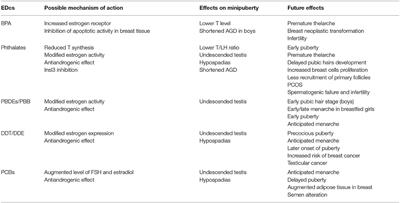
MINI REVIEW
Published on 08 Jan 2021
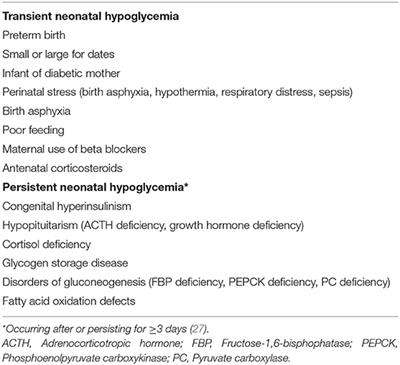
REVIEW
Published on 22 Dec 2020
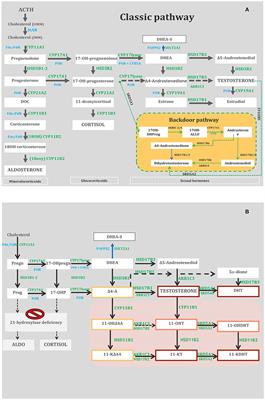
MINI REVIEW
Published on 14 Dec 2020
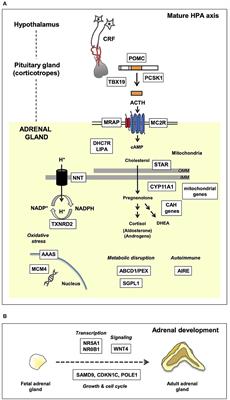
REVIEW
Published on 30 Sep 2020
